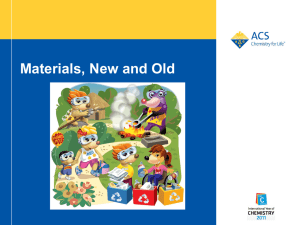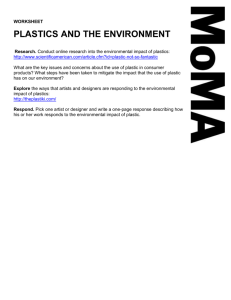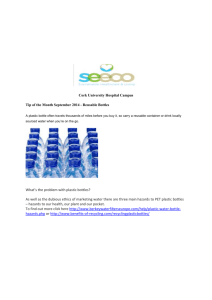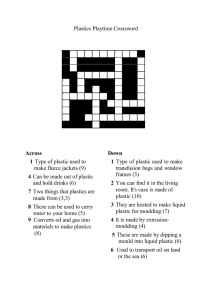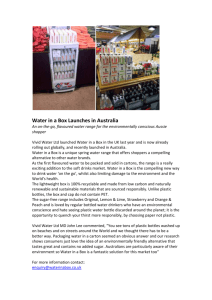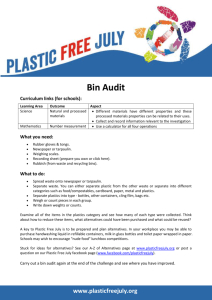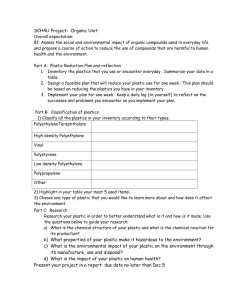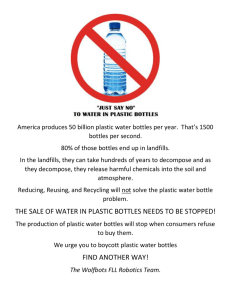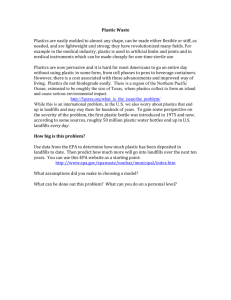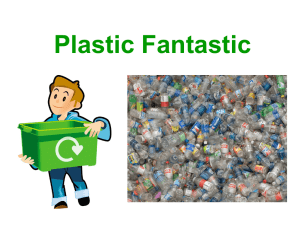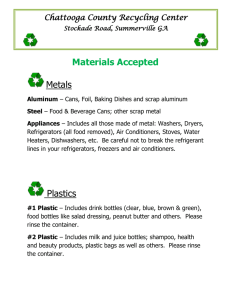T&T among most polluted in world
advertisement
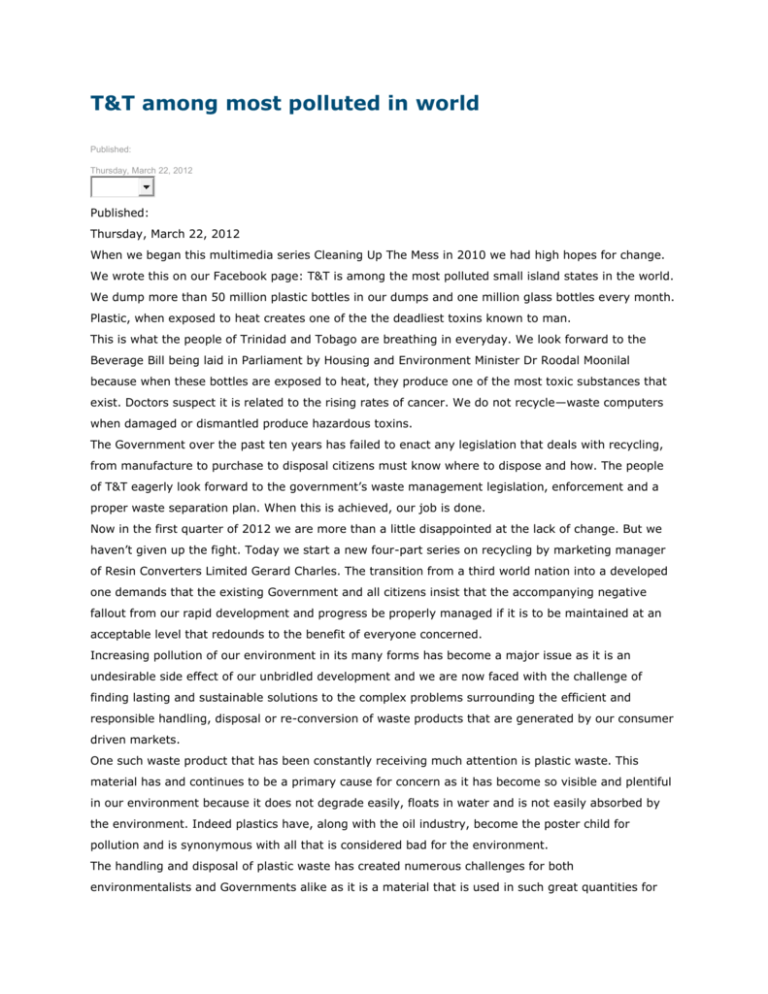
T&T among most polluted in world Published: Thursday, March 22, 2012 Published: Thursday, March 22, 2012 When we began this multimedia series Cleaning Up The Mess in 2010 we had high hopes for change. We wrote this on our Facebook page: T&T is among the most polluted small island states in the world. We dump more than 50 million plastic bottles in our dumps and one million glass bottles every month. Plastic, when exposed to heat creates one of the the deadliest toxins known to man. This is what the people of Trinidad and Tobago are breathing in everyday. We look forward to the Beverage Bill being laid in Parliament by Housing and Environment Minister Dr Roodal Moonilal because when these bottles are exposed to heat, they produce one of the most toxic substances that exist. Doctors suspect it is related to the rising rates of cancer. We do not recycle—waste computers when damaged or dismantled produce hazardous toxins. The Government over the past ten years has failed to enact any legislation that deals with recycling, from manufacture to purchase to disposal citizens must know where to dispose and how. The people of T&T eagerly look forward to the government’s waste management legislation, enforcement and a proper waste separation plan. When this is achieved, our job is done. Now in the first quarter of 2012 we are more than a little disappointed at the lack of change. But we haven’t given up the fight. Today we start a new four-part series on recycling by marketing manager of Resin Converters Limited Gerard Charles. The transition from a third world nation into a developed one demands that the existing Government and all citizens insist that the accompanying negative fallout from our rapid development and progress be properly managed if it is to be maintained at an acceptable level that redounds to the benefit of everyone concerned. Increasing pollution of our environment in its many forms has become a major issue as it is an undesirable side effect of our unbridled development and we are now faced with the challenge of finding lasting and sustainable solutions to the complex problems surrounding the efficient and responsible handling, disposal or re-conversion of waste products that are generated by our consumer driven markets. One such waste product that has been constantly receiving much attention is plastic waste. This material has and continues to be a primary cause for concern as it has become so visible and plentiful in our environment because it does not degrade easily, floats in water and is not easily absorbed by the environment. Indeed plastics have, along with the oil industry, become the poster child for pollution and is synonymous with all that is considered bad for the environment. The handling and disposal of plastic waste has created numerous challenges for both environmentalists and Governments alike as it is a material that is used in such great quantities for the manufacture of disposable products which are irresponsibly discarded. At a time when the need for a greater awareness and care of the environment is imperative because of rising concerns about the safety of plastics and the eyesore that it creates on the planet, we see increasing applications for this material in our everyday lives that increases our dependency upon it. The classic images of plastic products blocking drains and rivers, and deposits of plastic debris floating or beached along our shorelines are powerful icons that assail us whenever we go about our daily lives here in T&T and has to an extent become so common on our landscape that it now appears to be an integral part of it. Having the benefit of hindsight we ought to realise that if we, the manufacturers and importers of plastic products do not proactively address this vexing problem of plastics disposal in our environment, we can reasonably expect that a responsible Government will be forced to implement draconian measures to address this monumental waste problem that will be both costly and onerous.
